Teaching Social Studies in an Era of Divisiveness
Teaching Social Studies in an Era of Divisiveness
The Challenges of Discussing Social Issues in a Non-Partisan Way
Edited by
Wayne Journell
ROWMAN & LITTLEFIELD
Lanham Boulder New York London
Published by Rowman & Littlefield
A wholly owned subsidiary of The Rowman & Littlefield Publishing Group, Inc.
4501 Forbes Boulevard, Suite 200, Lanham, Maryland 20706
www.rowman.com
Unit A, Whitacre Mews, 26-34 Stannary Street, London SE11 4AB
Copyright 2016 by Wayne Journell
All rights reserved . No part of this book may be reproduced in any form or by any electronic or mechanical means, including information storage and retrieval systems, without written permission from the publisher, except by a reviewer who may quote passages in a review.
British Library Cataloguing in Publication Information Available
Library of Congress Cataloging-in-Publication Data Available
ISBN 978-1-4758-2135-2 (cloth : alk. paper)
ISBN 978-1-4758-2136-9 (pbk. : alk. paper)
 The paper used in this publication meets the minimum requirements of American National Standard for Information SciencesPermanence of Paper for Printed Library Materials, ANSI/NISO Z39.48-1992.
The paper used in this publication meets the minimum requirements of American National Standard for Information SciencesPermanence of Paper for Printed Library Materials, ANSI/NISO Z39.48-1992.
Printed in the United States of America
Contents
Wayne Journel
Andrea S. Libresco and Jeannette Balantic
Paula McAvoy
Jeremy Hilburn and Ashley Taylor Jaffee
Paul J. Yoder, Aaron P. Johnson, and Fares J. Karam
J. B. Mayo Jr.
LaGarrett J. King, Chezare A. Warren, Mariah Bender, and Shakealia Y. Finley
Bonnie L. Bittman and William B. Russell III
H. James Garrett
Eric D. Moffa, Carolyn J. Brejwo, and Robert A. Waterson
Thomas A. Lucey, Mary Frances Agnello, and James D. Laney
Cinthia Salinas
Preparing citizens for our democracy is a vital yet daunting task for social studies educators. As Carole Hahn (2008) explains, there is a long history of citizenship education in which many have written about the importance of educating young people for their role as citizens in a democracy (p. 263). However, the conceptualization of what is a good citizen and how might we best help to prepare an enlightened and participatory citizenry highlights the demanding nature of the endeavor.
For instance, Westheimer and Kahne (2004) have described images of citizenship that include the personally responsible citizen, the participatory citizen, and the justice-oriented citizen. The justice-oriented citizen, they note, is the least often found in citizenship education, and yet effective democratic citizens need opportunities to analyze and understand the interplay of social, economic and political forces (p. 242). Relatedly, Knight Abowitz and Harnish (2006) identify two dominant contemporary discourses as civic republican and liberal citizenship in contrast to critical discourses that raise issues of membership, identity, and engagement in creative, productive ways (p. 666).
Finally, Parker (2003) notes that our efforts to prepare citizens is not a neutral project but instead an opportunity to engage in multicultural education and questions of access and inclusion within those linguistically and culturally diverse school settings that provide extraordinary fertile soil for democratic education (p. xviii). These scholars and others ask that social studies educators attend to more feminist/womanist, cultural citizenship, reconstructionist, and queer and transnational discourses so that citizenship education may examine, challenge, and rethink civic membership, identity, and preparation.
I applaud Wayne Journell and our other colleagues contributing to Teaching Social Studies in an Era of Divisiveness , for they have taken up the charge of interrogating and oftentimes disrupting the traditional practices of citizenship education that are authorized by dominant cultures who seek the continuance of their members social status, social vision, and self regard (Parker, 2008, p. 66). Unequivocally, the scholars in this project argue on behalf of civic membership that acknowledges the significance of race, class, gender, language, sexuality, legal status, and so forth in asserting the rights of citizenship.
The thrust of their contentions recognize the ever-changing dynamics of our democracy and classrooms that has prompted others to consider how to best examine the civic identities of diverse youth (Rubin, 2007), notions of multicultural citizenship (Dilworth, 2004), civic multicultural competence (Miller-Lane, Howard, & Espiritu Halagao, 2007), contrasting ideals of communal citizenship (Knight & Watson, 2014), and the intersectionality of citizenship with gender and race (Bondy, 2014; Vickery, 2015).
The body of chapters assembled here highlights controversial issues as a pedagogical means by which social studies educators can highlight political conflict and controversy as core and vital elements of our democracy (Hess, 2004, p. 257). Without question, fostering discussions through and with controversial issues has extended our abilities as social studies educators to promote civic participation (Hess & Avery, 2008). Social studies classrooms serve to provide content-rich opportunities for young citizens to learn how to engage diverse views over the most compelling political, social, and economic questions of democracy.
However, I argue that this collection of chapters moves our practices surrounding controversial issues forward in particular ways. First and foremost, the influence of this project is the explicit and unambiguous attention to race, class, gender, religion, sexuality, and so forth as essential to our pluralist democracy. Unabashed consideration of the isms that have historically restricted citizenship in the United States provides social studies educators an opportunity to re-conceptualize citizenship education.
I concur with Journell and his colleagues that outright attention to civic identities embodied by race, immigration, gender, sexuality, language, class, religion, and so forth has become requisite to citizenship education. While conceding that the outward mark of belonging and not belonging is both a historical and contemporary reality for many is not a glorious admission for our democracy, the deliberate shift requires that the compelling questions and controversial issues that define the day-to-day lives of our students be at the forefront of civic engagement.
Second, Journell and others here remind us that the means by which each generation gathers, interprets, and applies knowledge is inherently influenced by technologies that offer the medium by which to participate as citizens of our democracy. The printing press, radio, and television are but a sampling of the methods by which perspectives are added to dialogue between families, neighbors, and communities. For centuries, these technologies have fed our yearning for frequent and inclusive discussions, seminars, deliberations, town hall meetings, and inquiry that develop the habits of thinking and caring necessary for public life (Parker, 2003, p. 78).
Today, in an undeniable and significant way, new technologies have fostered the digital citizen. The digital citizen of the 21st century has provided for herself/himself other spaces for democratic participation that are unique and not found without our current paradigm. As our colleagues explain in their work here, becoming civically engaged through online participatory media in deep political controversy and dialogue is a form of civic action that is both an exciting and yet relatively unknown advent for social studies educators (OBrien, 2010).
Finally, with this project, categorical attention to contemporary contexts and realities emerges in the growing use of controversial issues practices. The current tone of civil intolerance provides countless examples of a zero-sum landscape that does not yield a public good. The knee-jerk reaction by social studies classroom teachers might be to stifle discussion and to follow a path of avoidance and silence.
Next page
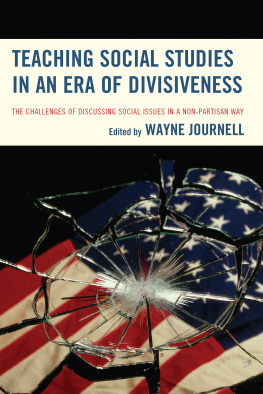
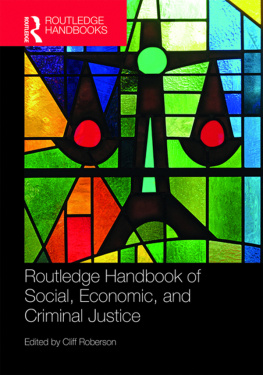
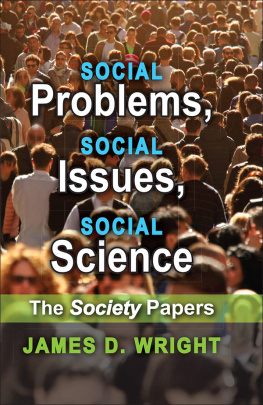

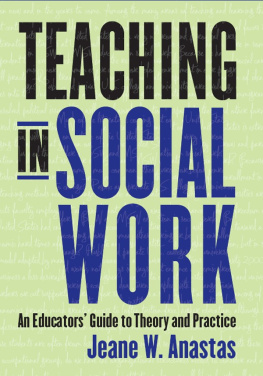
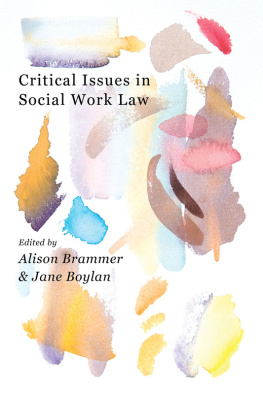
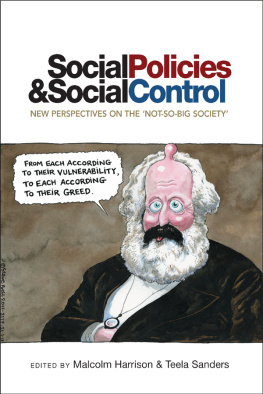
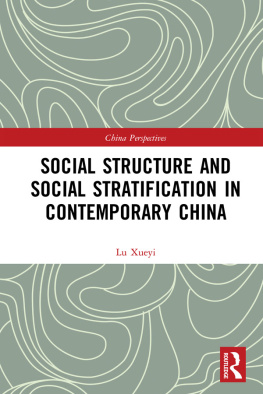
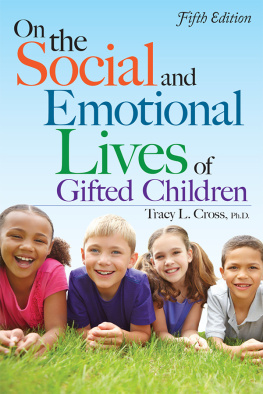
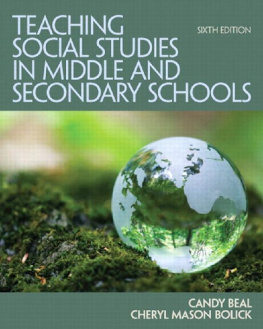
 The paper used in this publication meets the minimum requirements of American National Standard for Information SciencesPermanence of Paper for Printed Library Materials, ANSI/NISO Z39.48-1992.
The paper used in this publication meets the minimum requirements of American National Standard for Information SciencesPermanence of Paper for Printed Library Materials, ANSI/NISO Z39.48-1992.